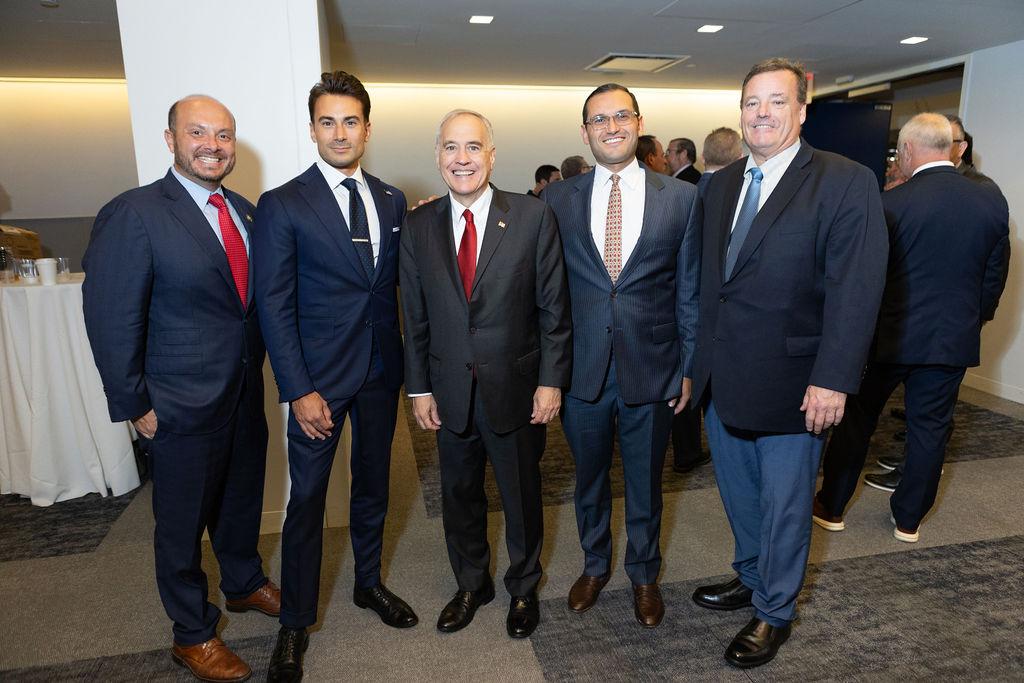The World Trade Center Health Program (WTCHP), which offers medical monitoring and treatment to 9/11 first responders and survivors, is anticipated to encounter a funding shortfall within a few years due to expenses surpassing initial estimates.
Congress established the WTCHP in 2010, and it was reauthorized in 2015 with a closing date in 2090. However, the costs of the program and the rise in enrollment of injured 9/11 responders and survivors exceeded the projections made during the 2015 extension. As a result, the program is now anticipated to experience insufficient funding.
The bipartisan “9/11 Responder and Survivor Health Funding and Correction Act of 2024” (H.R. 9101/ S.4724) by Representative Andrew Garbarino (R-NY) and Senator Kristen Gillibrand (D-NY) will ensure that the program gets the full funding it needs.


“We are grateful to our legislators in New York for supporting a final, full funding resolution for 9/11 victims and will continue to fight alongside of them as we always have. We are confident and hopeful that this will be the last time we need to fight for funding.,” commented Pitta & Baione LLP Partner Matthew Baione.
The proposed legislation ensures that the World Trade Center Health Program receives permanent funding by revising the outdated formula to avoid potential shortfalls and maintain uninterrupted care for survivors and first responders.
The bill would also allocate additional funds for enhancing surveillance capabilities and researching 9/11-related conditions, including early-onset dementia, which recent studies suggest may affect 9/11 responders, as well as other potential ailments caused by the toxins at Ground Zero.
Without additional funds, the program might be forced to reject individuals newly diagnosed with 9/11-related conditions by the end of 2027 and could reduce treatment for current participants starting in 2028. Unless the bill is passed, first responders and survivors will continue to struggle to secure new legislation every few years.



